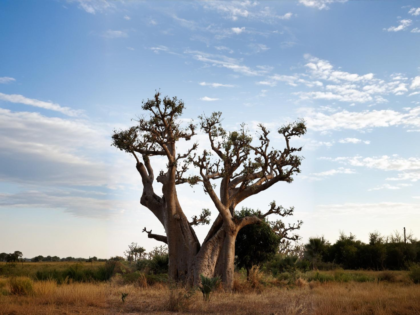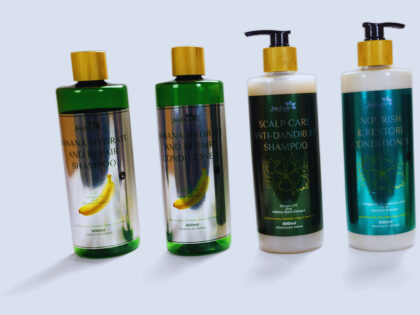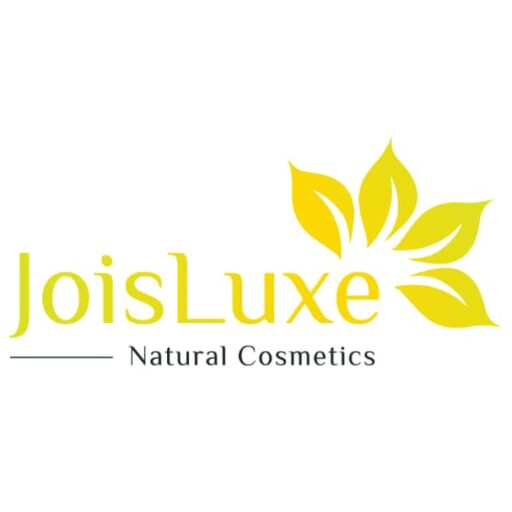From Farm to Face: Sustainability in Natural Cosmetics and Ghana’s Untapped Potential
-
rolandsam7@gmail.com
- Posted on

Complexion-perfecting natural foundation enriched with antioxidant-packed superfruits, vitamins, and other skin-nourishing nutrients. Creamy liquid formula sets with a pristine matte finish for soft, velvety smooth skin. Made using clean, non-toxic ingredients, our products are designed for everyone …
Looking for love in all the wrong places? Start with something pure, something good for you, and something that makes you feel pampered like a princess. We’re talking about clean beauty gift sets, of course – and we’ve got a bouquet of beauties for yourself or someone you love.
“Perfect for active people who want a product that absorbs quickly and easily with all the benefits…”
Cody Fisher – Manchester, Kentucky 39495
Nature provides us with everything we need, from the food we eat to the ingredients that nourish our skin and hair. In the fight against food loss, natural cosmetologists are pioneering a revolutionary approach: transforming fruits, seeds, and other crops into high-performing cosmetic ingredients. This not only addresses sustainability but also opens the door to a vibrant industry.
However, for countries like Ghana—rich in natural resources—there is more to be done to harness this potential. With a strategic focus on sustainability, domestication of raw materials, and support for the handmade SME natural cosmetics sector, Ghana can emerge as a leader in sustainable beauty while meeting the United Nations Sustainable Development Goals (SDGs).
The Role of Natural Cosmetics in Preventing Food Loss
According to the UN, one-third of all food produced globally is wasted. While much of this waste happens post-consumption, a significant portion is due to “ugly” or excess produce that never makes it to the market. Natural cosmetics are giving these byproducts a second life.
Fruits and crops once discarded are now key ingredients in formulations, including:
- Baobab: The fruit pulp and seeds of the baobab tree are packed with antioxidants, vitamins, and fatty acids, making them perfect for hydrating skincare and anti-aging products.
- Cocoa: Beyond its role in chocolate, cocoa butter is a staple in lotions and creams for its emollient properties.
- Coconut: Coconut oil and water are widely used for their moisturizing and antimicrobial benefits in hair and skin products.
- Shea: Shea butter is renowned for deeply nourishing and healing dry skin.
- Papaya: Known for its natural enzymes, papaya is a gentle exfoliant and brightening agent.
- Avocado: Avocado oil is a favorite in natural cosmetics for its rich moisturizing properties.
- Banana: A recent favorite, banana extract hydrates, strengthens, and smooths both skin and hair.
- Mango: Mango butter, derived from the fruit’s seed, is a luxurious moisturizer for dry and sensitive skin.
By upcycling these ingredients, the natural cosmetics industry not only reduces food loss but also supports biodiversity and provides sustainable livelihoods for farmers.
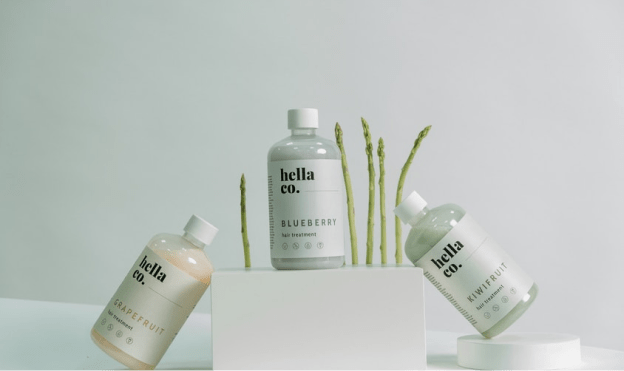
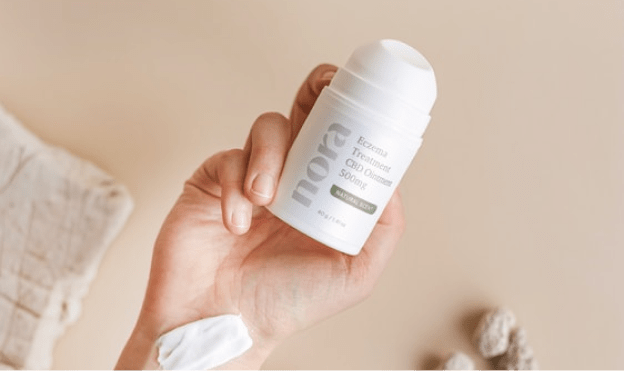
The Importance of Domestication in Ghana
Ghana is uniquely positioned to become a hub for sustainable natural cosmetics. With its abundance of baobab, cocoa, coconut, shea, and other crops, the country has all the raw materials needed to create world-class products. However, much of these resources remain underutilized.
Why Domestication Matters:
- Steady Supply of Ingredients: Locally cultivating these crops ensures consistent availability for both food and cosmetic use.
- Improved Food Security: By balancing agricultural output for consumption and industry, we ensure these crops remain staples in Ghanaian diets.
- Reduced Environmental Impact: Local production minimizes the carbon footprint associated with importing raw materials.
- Economic Growth: Farmers benefit from diversified income streams, boosting rural economies and reducing poverty.
Countries like Morocco and India have excelled by domestically cultivating crops such as argan and turmeric for cosmetics. Ghana must take inspiration from these models and establish a robust local supply chain.
Challenges Facing Ghana’s Natural Cosmetics Sector
Despite its potential, Ghana’s handmade SME natural cosmetics sector faces several hurdles:
- Focus on Machinery Over Raw Materials: While investments in equipment, production methods, and packaging are important, insufficient attention is given to raw material cultivation and supply.
- Limited Research: There is little exploration into Ghana’s untapped natural resources, such as neem or hibiscus, for cosmetic use.
- Weak Policy Support: The sector lacks targeted government policies to drive growth and sustainability.
- Accessibility Issues: SMEs struggle to access affordable, high-quality raw materials, often relying on imports that inflate costs.
A Systematic Path Forward: How Ghana Can Lead
To unlock the full potential of its natural cosmetics sector, Ghana needs a cohesive, long-term strategy:
- Promote Sustainable Farming Practices
Train farmers to adopt sustainable practices for cultivating baobab, shea, coconut, and other crops. Provide incentives for farmers who engage in eco-friendly practices to ensure long-term supply without harming the environment.
- Invest in Research and Development
Fund studies to explore the cosmetic potential of underutilized crops like moringa, hibiscus, and tamarind. Establish partnerships between universities, private companies, and international organizations to innovate natural formulations.
- Build Local Supply Chains
Encourage collaboration between farmers and SMEs to create a streamlined supply chain. This would reduce dependence on imports and make raw materials more affordable for local producers.
- Strengthen Policy Frameworks
Create policies that prioritize the handmade natural cosmetics sector. This could include tax incentives, grants for sustainable projects, and support for international market access.
- Educate and Inspire Consumers
Raise awareness about the role of natural cosmetics in sustainability. Consumers should understand how their purchases support local farmers, reduce food waste, and contribute to environmental conservation.
The Handmade SME Natural Cosmetics Sector: A Vehicle for Change
Small and medium-sized enterprises (SMEs) are at the heart of Ghana’s natural cosmetics industry. These businesses drive innovation by using locally sourced ingredients in small-batch production. They create jobs, promote sustainability, and preserve traditional knowledge of plant-based beauty practices.
By empowering SMEs with better access to resources, training, and market opportunities, Ghana can position itself as a global leader in sustainable beauty.
A Call to Action
The time for Ghana to act is now. With its wealth of natural resources and entrepreneurial spirit, the country has the tools to become a powerhouse in the natural cosmetics industry. This is not just about beauty; it’s about sustainability, food security, and economic empowerment.
Let’s ensure that baobab, cocoa, shea, and other treasures of Ghanaian soil are not just exported in their raw form but transformed into products that reflect the ingenuity and resilience of our people.
Ghana’s path to sustainable beauty lies in its hands. Let’s make it a reality.
The information in this article is for educational use, and not intended to substitute professional medical advice, diagnosis, or treatment and should not be used as such.



